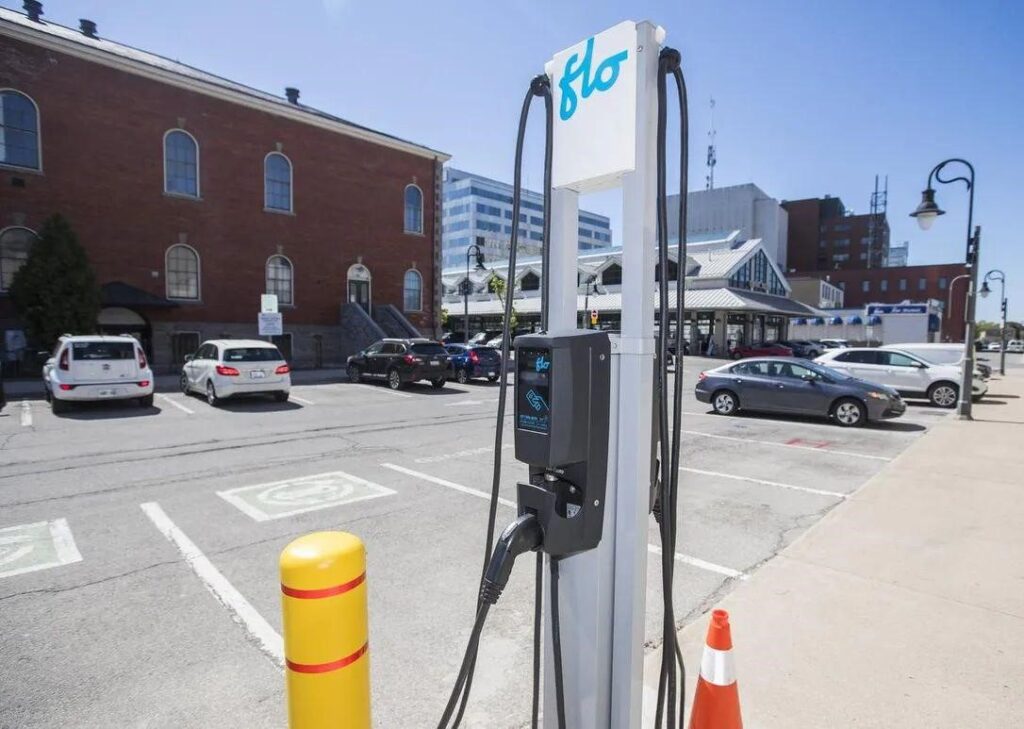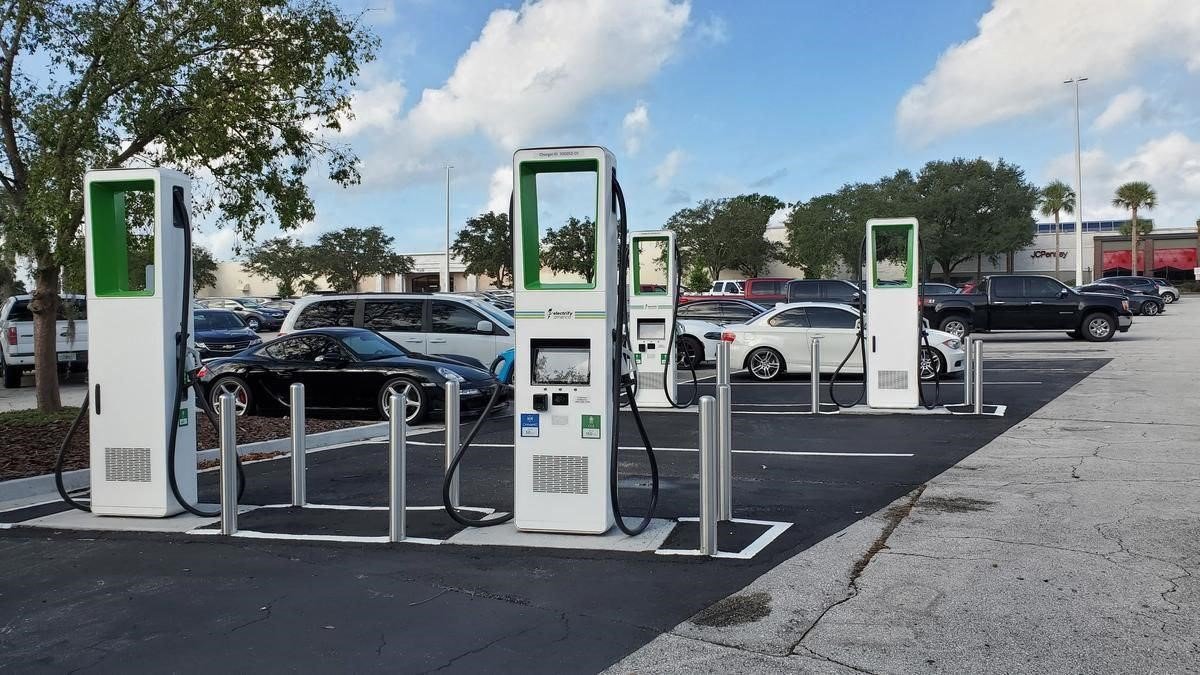Are you ready to start an electric scooter or automobile charging station in India? Looking for comprehensive information about the infrastructure for charging electric vehicles? and here is a comprehensive article with all the information you need.
How to set up EV charging station Business?
Setting up an EV charging station, service shop, and home charging station setup is unquestionably a terrific idea if you’re seeking the best new business prospects in India. Companies offering EV (electric vehicle) charging are proliferating like mushrooms. Electric vehicle charging stations are one of the top business prospects in India over the next ten years due to rising environmental awareness and the advent of electric vehicles (including e-cars and e-scooters). In India, starting a biofuel station or a gas station has limitless potential for company growth.
What functions do EV charging stations have?
Let’s first define the services that an EV charge station offers. On city streets, you could have seen electric cars, e-rickshaws, and two-wheelers. But where do these cars acquire their power? Some individuals charge their electric cars at home. Similar to the Tata Nexon EV, the charging system is installed at the customer’s home free of charge by the business. However, not every restaurant has a designated charging station with the necessary security elements in the parking lot. To offer on-road charging services, a number of charging stations are necessary.
Setting up an EV charging station’s cost

In comparison to other business setups, beginning an EV charging station is quite inexpensive. According to the Indian government, installing EV charging infrastructure is not subject to licensing requirements as long as it adheres to the guidelines established by the “Ministry of Power”. The transmission, distribution, or trade of electricity for the purpose of recharging the batteries of electric cars is thus not subject to a special license requirement.
As a result, the price of setting up an EV charging station only covers the cost of the chargers themselves as well as the electricity, software, infrastructure, marketing, and maintenance costs. Depending on the kind of chargers you plan to install, the average cost to put up an EV charging point ranges from Rs. 1,00,000 to Rs. The cost of a new power connection, civil work, technicians and employees, maintenance, advertising, marketing, EVSE management software & integration, and land lease are among the basic cost charges that are covered (if any).
Types of EV charger types
EV chargers come in three different varieties:
- Type 1 is a single-phase plug that has a 3-kilowatt maximum charging capacity. From a home charging station, it gradually charges the vehicle by converting AC electricity to DC.
- With a 400-volt AC power source, Type 2 is a three-phase plug that can handle power levels of between 7.4 kW and 43 kW. This kind of charger works with automobiles that have CCS plugs as well as AC and DC charging systems.
- Type 1 AC charging and Type 2 DC fast charging are both supported by the Combined Charging System (CCS), as the name suggests. Up to 350 kW of power can be applied to a combination charge.
- CHAdeMo charger: This quick charger can handle direct current inputs of up to 400 A at 1000 V and 400 kW. CHAdeMo is an acronym for “CHArge de MOve,” and it is extensively used by more than 70 nations worldwide.
- GB/T charger: The Indian government advises using this kind of charger. The Bharat DC 001 standard produces 15 kW of electricity at 72–200 volts, but the Bharat AC 001 standard produces 10 kW of power at 230 volts.
Detailed instructions for starting an EV charging business
One of the most popular business types in India is the electric car charging station industry. The number of EV charging stations on the roadways is much smaller than the number of electric vehicles currently on the road. Even more, some state governments have said that they will mandate the installation of charging stations in business and residential complexes and set aside a particular percentage of those spaces for electric vehicles. Before opening an EV charging station in your city, make sure you read this.
As was already said, you can launch this business without a government license. However, we advise you to find out whether your state government requires any local certifications. All that is needed to be found in the bare minimum infrastructure for installing an EV public charging station (PSA).
Is starting an EV charging business profitable?
One of the best business prospects in India is the installation of EV home charging and public charging stations. Although the majority of consumers still rely on and depend on the traditional auto sector, the preference of the future generation is for electric vehicles. To encourage the sale of these vehicles, the government has also launched a number of measures. GST on batteries and electric vehicles has been lowered to 5%. On the interest rate paid on their loans, income tax benefits are given up to Rs. 1,50,000. State governments additionally offer perks such as exemptions from road tax, registration fees, stamp duty, and power tax, among others. It makes perfect sense that more charging stations will be needed as the sales of these vehicles rise.
Additionally, the government has mandated the installation of EV charging stations at mandatory distances of every 3 km in cities and every 25 km on national roads on both sides. Additionally, it has been made clear that such stations should be located on both sides of highway routes every 100 km for long-distance and heavy-duty vehicles. However, practically speaking, our infrastructure lacks even 1% of the necessary stations. Additionally, the Indian government has requested bids from businesses in order to establish more than 1000 EV charging stations by the year 2023. Therefore, EV charging stations are an excellent setting to invest in if you are a cautious, foresighted businessperson with sufficient capital and patience.

James Oliver is a professional blogger and a seasoned Content writer for technologyspell.com. With a passion for simplifying technology and digital topics, he provides valuable insights to a diverse online audience. With four years of experience, James has polished his skills as a professional blogger.




